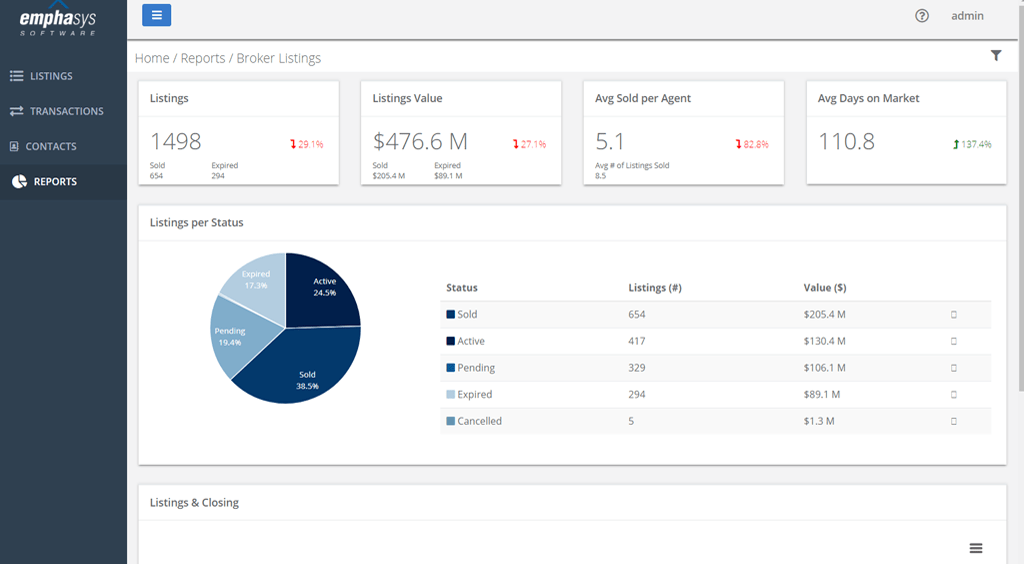Examples of Contingency Clauses in Real Estate Purchase Agreements

Contingency clauses can be included in a purchase agreement for many different reasons. These can include Home inspections, Mortgage financing, and even title conditions. These clauses are important to understand and make the purchase process easier. Here are some examples of common contingency clauses.
Contingency clauses
A contingent clause is a condition that is part of a purchase agreement. This clause can relate to a variety of things. In the real estate business, there are many different types of contingent factors. Some of them involve the buyer’s finances, while others relate to the seller’s finances. It is important to choose the right contingencies when negotiating the terms of a purchase contract.
Anúncios
Typically, a purchase agreement is contingent on two items: financing and inspections. These are the most common contingencies, although the buyer may also choose to include other items. If these two conditions are not met, the contract can be canceled. If the buyer’s financial situation is in jeopardy, they may opt to include financial contingencies.
One common contingency is a home inspection. It allows the buyer to back out of the deal if he or she does not like the results of the inspection. This is because a home inspection is something that may happen in the future, and there is no way to predict what will happen.
Anúncios
Another contingency is a mortgage contingency. It gives the buyer time to apply for a mortgage. If the buyer is unable to secure financing before the deadline, the seller can put the home back on the market or choose another buyer. However, it is important to note that a mortgage contingency is not an absolute guarantee of approval from a lender.
Depending on the situation, a home sale contingency may be a very good idea. Timing can be tricky in real estate, and a home sale contingency gives the buyer time to sell his current home before closing on the new one. This is particularly important for those interested in wholesale real estate investing.
Contingent clauses are a common part of a real estate purchase contract. A buyer and seller must agree to all of the terms of a contingency before signing a contract. This protects the buyer and the seller by giving them the right to back out of the deal if conditions don’t meet expectations.
Home inspection contingency
When a buyer is looking for a new home, they usually ask for a home inspection before they sign the purchase contract. This gives them a legal “out” if the property does not meet expectations. The buyer can request that the seller fix the issues or lower the price. The contingency will specify when the seller must respond to the buyer’s request. If the contingency is not met, the buyer has the option to walk away from the transaction and recover their earnest money deposit.
The home inspection is one of the most important protection contingencies in a real estate contract. It gives buyers the opportunity to thoroughly examine the property and make repairs if necessary. The inspection can last for three to 14 days. The inspection report outlines any issues with the property and any needed repairs.
When the buyer is looking to buy a home, it is important to know what type of contingency clauses should be included. One type is the financing contingency, which gives the buyer a certain amount of time to get a mortgage before closing. The inspection contingency, on the other hand, gives the buyer a certain date to have the home inspected.
The most important of these two items is the home inspection. It is important to make sure that the home is free of major defects before committing to the purchase, otherwise the sale could fail. A home inspection can identify problems that could cause serious problems, such as a leaky roof, faulty electrical system, and structural damage. If the seller does not address these problems before the closing date, the buyer can back out of the deal.
Adding a counteroffer is a legitimate way to get a lower price for a property. It is important that the counteroffer has their counteroffer in writing, preferably through an agent. If the seller does not accept the counteroffer, the seller will have to start the whole process again. If the buyer offers less than the original offer, the seller is unlikely to accept the offer.
The two most common purchase contracts contain contingencies for mortgage financing and home inspection. However, a buyer may choose to include other contingencies.
Mortgage financing contingency
A mortgage financing contingency is one of the most common purchase contract contingencies. This type of contingency is common because most home buyers use a mortgage loan to buy their home. However, mortgage loans can fall through between the purchase agreement and the closing date. For example, a buyer could get pre-approved for a loan but then the mortgage lender’s underwriter finds a problem with the buyer’s loan application. In this case, the buyer would be able to back out of the deal and get their earnest money back.
Mortgage financing contingency clauses generally stipulate the type of mortgage to be used in the purchase. These clauses provide secondary protection for the buyer in case the lender refuses to approve his loan. They also allow the buyer to back out if he or she is unable to secure financing.
Having a mortgage financing contingency is useful when a buyer doesn’t have the necessary funds to purchase a home. This type of contingency can prevent financial disaster and unexpected repairs. While this type of contingency does not guarantee approval, it does ensure the buyer is more likely to close on the house. Moreover, a buyer may find a seller who is receptive to the contingency and still choose to accept the house.
A mortgage financing contingency gives the buyer a certain amount of time to obtain a mortgage before closing. If the buyer fails to secure the loan before the deadline, they can back out and receive their earnest money deposit back. A mortgage financing contingency can also give a buyer the right to do a title search and obtain the seller’s approval.
A mortgage financing contingency can help the buyer avoid financial disaster. If the buyer doesn’t have enough money to finance a new home, he may have to back out. Otherwise, he may have to forfeit the earnest money he has already paid. In this situation, the buyer can ask for a higher down payment or request a title search. This type of contingency can also prevent the seller from pursuing a lawsuit against the buyer if the appraisal isn’t satisfactory.
Although a contingency offers valuable legal protection, a buyer must be careful not to include too many terms. A buyer may end up with a less competitive offer if the contract includes too many conditions.
Title contingency
A title contingency is a term in a purchase contract that deals with the title of a home. It’s important for buyers to check this document before making an investment in a house, since there are legal implications if a home has a bad title. One common type of title contingency is a home sale contingency, in which the buyer must sell their existing home before making the purchase of a new one. Normally, the buyer has a certain number of days to sell his or her existing home before the new property can be bought. However, some sellers will allow buyers to sell their homes faster or later, which is called a “bump clause”.
Title problems can be avoided if the buyer is aware of them early enough in the process. Oftentimes, title issues can be resolved by the title company before the closing of the sale. If, however, a title issue is discovered after the closing, the buyer can opt out of the deal and walk away.
A title defect may affect the ability of a purchaser to obtain financing. It may also prevent a buyer from purchasing the property because of unsettled tax liens. In some cases, it could also affect the distribution of property in a bankruptcy. These defects can make a property impossible to sell or finance. Because of this, a title contingency allows the buyer to back out of the contract without penalty if a property’s title is compromised.
A title contingency is the most common contingency in a real estate purchase contract. This clause allows the buyer to perform due diligence on the property and discover any issues that may exist. It also lets the buyer get out of the deal with the earnest money deposit if a buyer discovers major problems. In addition to protecting the buyer, this clause protects the seller from risk of losing a sale if the property has a title problem.
A title issue makes the property uninsurable for the title company. A title problem also makes it difficult to resell the property. The buyer has the right to terminate the contract, in which case the seller would return the earnest money he has paid.





